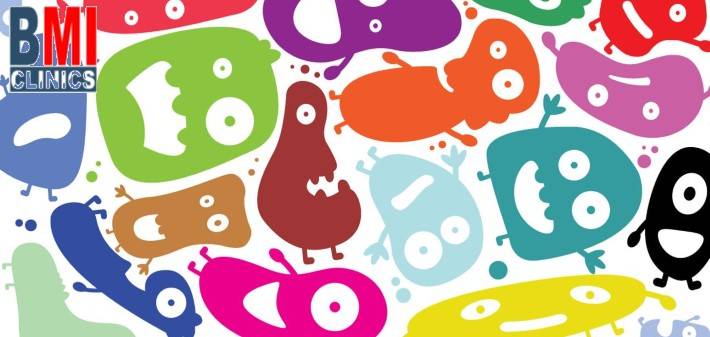What are Probiotics?
These are bacteria as well as yeasts meant for health benefits more specifically to the digestive system. According to the Food and Drug Administration (FDA), they are live microorganisms that after being administered in sufficient amounts, award a health benefit to a host. Bacteria do not only result in diseases, however, the human body comprise of both good and bad bacteria. As with Probiotics, they are referred to as ‘helpful’ or ‘good’ bacteria since they are quite assistive in keeping a healthy gut and supporting a healthy digestive tract.
Sources
Probiotics are found naturally within the human body. Certain foods and supplements contain them too. Due to their new fame, they can now be found in everything from chocolate to yoghurt.
History
Renewed attention has been directed towards probiotics recently from research studies, product manufacturers, as well as consumers. Their history may be traced back to the first use of cheese as well as fermented products, which were well known to Romans and Greeks who encouraged their consumption. However, it was not until the mid-1990s that individuals started showing much interest in the knowledge about them and their benefits. Frequently, doctors suggest their use to assist in problems with digestion.
How They Work
There is a lot of research being carried out on how probiotics exactly work. Some means through which they help maintain good heath for humans are:
1- Assisting in replacing good bacteria that have been lost, for instance, through intake of antibiotics.
2- May assist in balancing the good as well as bad bacteria within the human body so that it can perform as expected.
What Probiotics Do
They help move food via the human gut. There is still research going on to identify which ones are the best for specific health conditions. However, preliminary evidence indicates that they assist in treating conditions like:
1- Antibiotic-related diarrhea
2- Inflammatory bowel disease (IBD)
3- Infectious diarrhoea (resulting from bacteria, viruses, or parasites)
4- Irritable Bowel syndrome
There still is the need for more and more research. It is still not clear which ones are helpful as well as which are not. In addition, it is not clear how much of them should be taken as well as what people can benefit most from taking them.
Types of Probiotics
Most bacteria types are categorized as probiotics. They carry various benefits. However, many of them come from 2 groups:
1- Lactobacillus- this could be the most popular probiotic. It is found within yoghurts as well as other fermented foods. Various strains may assist with diarrhoea as well as help individuals that cannot digest lactose.
2- Bifidobacterium- this can be found within dairy products as well. It can assist in easing irritable bowel syndrome’s symptoms, as well as certain other conditions.
Safety & Side Effects
The likelihood of probiotics being safe depends on a person’s health. They have some good safety record within individuals with good health in general. If side effects occur, they are gentle digestive symptoms like gas. However, this is not the case when it comes to individuals with underlying medical problems that are serious. There have been reports connecting such people with severe probiotics side effects like dangerous infections. Individuals with weak immune systems, very sick infants, individuals recovering from recent surgery, and critically ill patients are at the greatest risk of grave side effects.
Even when it comes to healthy individuals, probiotics pose safety uncertainties. There lacks extensive research on safety. Most knowledge on safety is only in accordance with studies of Bifidobacterium and Lactobacillus and there is not much known about other probiotics.
The US FDA regulates them like foods rather than medications. Product manufacturers do not need to indicate that the products work or are safe. They are thought to be quite safe for most individuals. The European Commission prohibited indicating the word ‘Probiotic’ on products packaging since such labelling was misleading to consumers in believing that a product provided health benefits that were not proven scientifically yet.
Global Consumption
There had been a rising trend for probiotic products since 2010 to 2014, globally increasing by 35 percent. There was a greater increase above average, especially in some regions, like in Eastern Europe (67%), Latin America (47%), and Asia-Pacific (67%). This comprised of almost half of all probiotics sold within 2014.
In the same year, leading consumers by geographic region included Western Europe, Asia pacific, Japan, Latin America, North America, and Eastern Europe.









